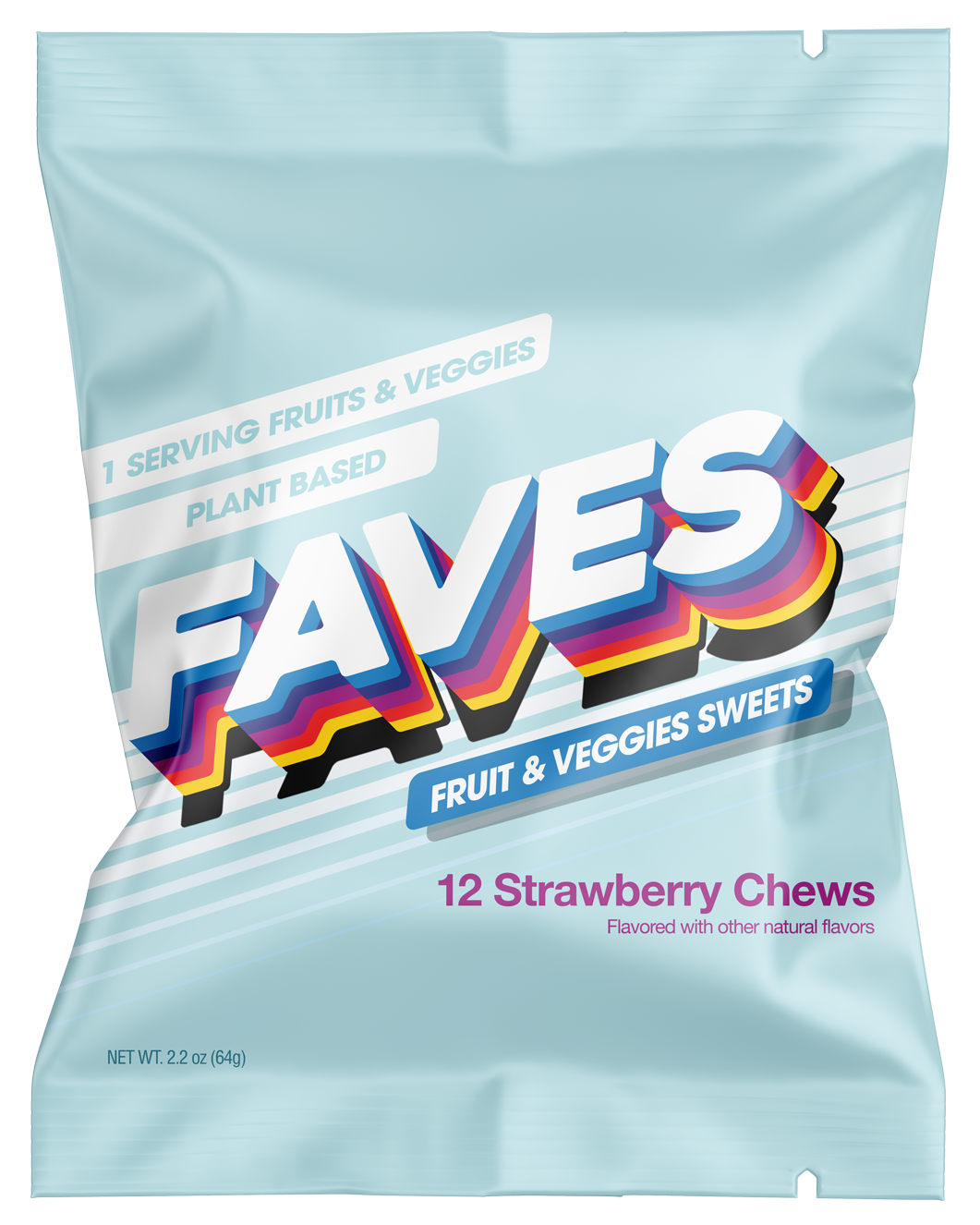Free Shipping on all US orders! 🎉🎉🎉
There is a common myth about protein that has gone on for some time. Many people think that eating a plant-based diet puts you are at risk of becoming protein deficient. Although meat, eggs, and other animal-based protein sources provide high amounts of proteins in each serving, many people don’t realize how much protein plants can offer us! Understanding your protein needs and how animal and plant protein sources differ gives you more freedom in your food and lifestyle choices.
We have all heard that protein is an essential part of a healthy diet, but many people do not understand why. Protein is classified as one of the three macronutrients, along with carbohydrates and fat. Many people think that protein is strictly for building muscle, and while that is true, it is only part of the whole story. Protein is made up of small molecules called amino acids.
These acids are like little building blocks that make up structures just about every cell in your body. In total, there are 20 amino acids. We can make 11 of them on our own. However, the other nine are called “essential amino acids” because we cannot make them and have to get them through our diet (1). These amino acids are vital for our bodies to conduct protein synthesis (the muscle-building part), repair tissue damage, pump blood, etc.
Now that we know that protein is vital for maintaining our health, we must understand how much of it we actually need to be healthy. The exact amount you need will vary based on your size, gender, age, and fitness goals; however, there are still averages you can use as a baseline. It is recommended that the average adult female gets about 46g of daily protein, and men get 56g (2). A more exact measurement would be to multiply your weight in pounds by 0.36.
Many people believe that eating even higher than recommended amounts of protein is even better for their health. The problem with this is that increasing protein, especially animal-based protein, often means less room for healthy carbohydrates like fruits and vegetables. Many people think that those on a a vegan or vegetarian diet are less healthy due to a lack of protein, but that couldn't be further from the truth! Getting protein from plant-based sources allows you to get all of the benefits of eating produce while avoiding some of the health concerns tied to animal products.
Although animal-based protein sources have a higher yield of dietary protein in each serving, it does not by any means make them healthier overall. Protein is only one component of a healthy diet. Understanding how plant and animal protein sources differ allows you to determine which one(s) works best for your diet and overall health.
There is a reason we need to eat fruits and vegetables every day. Plants are a wonderful source of dietary fiber. This keeps your gut healthy and helps stabilize your blood sugar. Plants are also loaded with essential vitamins and minerals. Nutrient deficiency is associated with a great number of health issues. Animal protein sources typically lack these important nutrient compounds, whereas plant-based protein sources offer those as well as protein – meaning you get everything you need in one place!
Antioxidants are one of the most healing things we can consume. They fight stress in the body and remove free radicals, which have been linked to cancer growth (3). Antioxidants are also vital to maintaining your immune system’s health – without which it would be impossible to fight infection and disease.
Another excellent benefit to a plant-based diet is the rapid reduction in body inflammation. Inflammation is known to cause chronic pain, slow healing processes, and can even cause depression and anxiety. Animal-based protein sources increase inflammation due to a chemical they contain called trimethylamine N-oxide (TMAO). Inflammation can impact nearly every system in the body, so ensuring it is kept at bay is crucial for your health.
Now that you know the benefits of including plant-based protein sources in your diet, the last step is to know where to find them! The good news is that most fruits and vegetables have even a small amount of protein in them. One thing to consider is that not all plant-based protein sources are “complete,” meaning they don’t have all of the different amino acids in them. Soy is one plant that is complete, and it is one of the best sources of protein plants offer. Here is a list of 5 great sources of plant protein to get you started!
